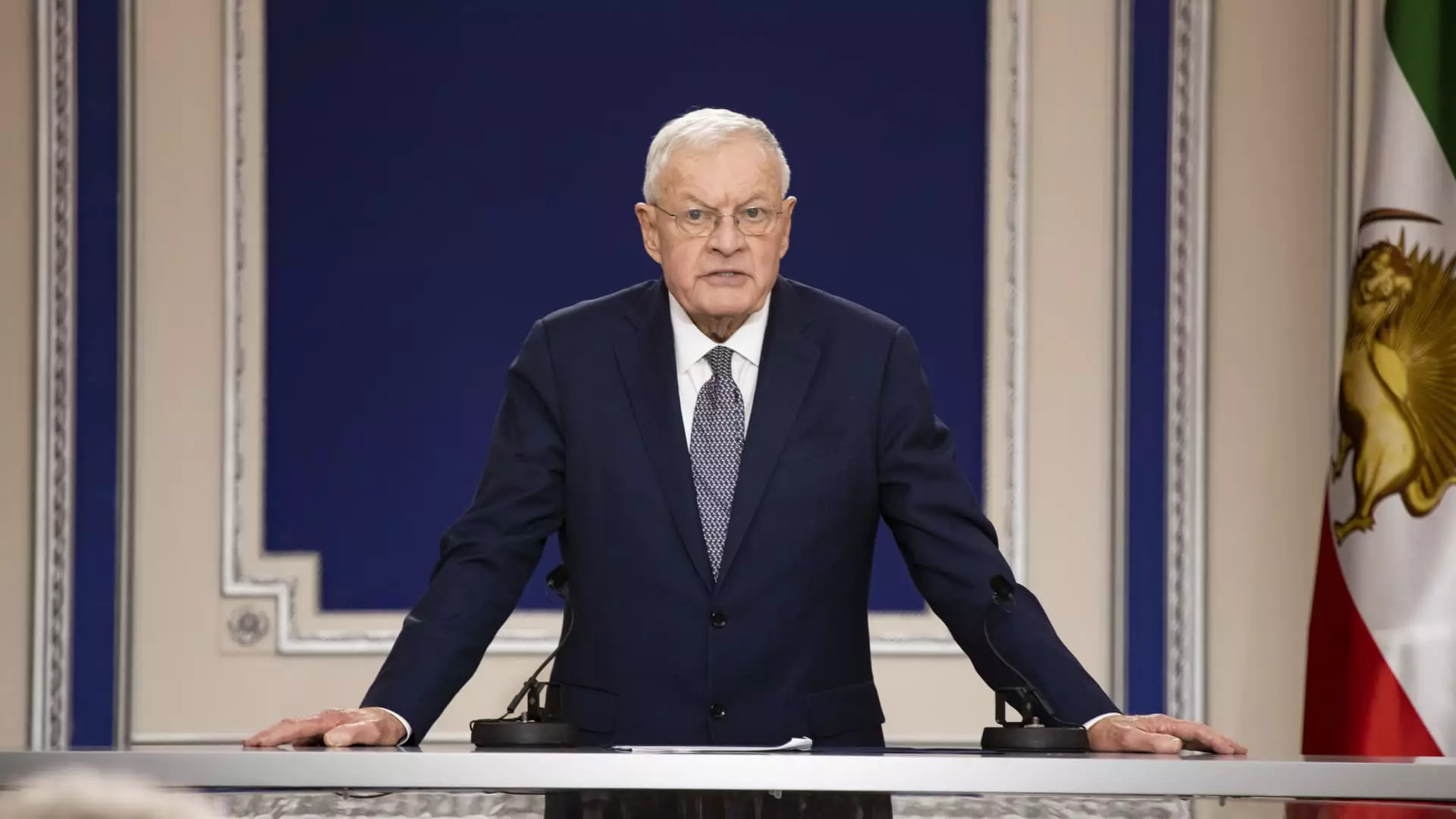The ongoing conflict between Ukraine and Russia remains a pressing issue in international relations, eliciting responses from global leaders and diplomats alike. Discussions surrounding a potential peace agreement have gained momentum, with U.S. Special Presidential Envoy for Ukraine and Russia, Keith Kellogg, suggesting that a resolution could surface imminently—within a matter of days or weeks, rather than months. His remarks at the Munich Security Conference emphasized the urgency surrounding these negotiations, calling for a quick resolution amid complex geopolitical dynamics.
Kellogg’s reference to “Trump time” underscored a distinctive approach to decision-making characterized by swift actions and rapid outcomes, reminiscent of the former U.S. President’s sudden negotiations. The urgency with which Kellogg frames the discussions is reflective of the larger American diplomatic philosophy, which often seeks immediate results rather than prolonged deliberations. However, such a mindset raises questions about the feasibility of achieving lasting peace without thorough engagement with all relevant stakeholders. While speed is essential in diplomacy, it cannot overshadow the importance of careful negotiation strategies that consider the perspectives and interests of all parties involved.
Dual-Track Negotiations: A New Framework
Kellogg introduced a “dual-track” approach to the peace negotiations, implying that U.S. representatives are engaging with both Russia and Ukraine, alongside allied nations. This method aims to facilitate a comprehensive dialogue, ensuring that all voices are heard, yet it also highlights the complexity of the situation. The challenge lies in integrating the varying interests of different parties without diluting the core objectives of the peace talks. Kellogg emphasized the necessity of including Europe and Ukraine in these discussions, rejecting the notion of proceeding with negotiations that exclude critical actors. This presents an interesting dilemma: how to balance the urgency for a resolution with the need for inclusive dialogue that addresses the concerns of all affected regions.
The Role of European Stakeholders
Kellogg’s assertion that Europe’s interests must be incorporated into the peace discussions brings to light a critical aspect of modern diplomacy. European leaders, like Croatia’s Prime Minister Andrej Plenković, echoed this sentiment by stressing the importance of a peace deal that preserves Ukraine’s territorial integrity. The fear of exclusion from crucial decision-making avenues reverberates through Europe, emphasizing the long-standing transatlantic relationships that have governed security concerns for decades. Furthermore, leaders such as Iceland’s Prime Minister Kristrún Frostadóttir articulated unease about the changing priorities of U.S. foreign policy under the current administration, pointing to an instinctive trepidation regarding the U.S.’s future diplomatic engagements.
Security guarantees for Ukraine remain a pivotal issue in these negotiations. Kellogg admitted the complexities involved in outlining such guarantees at this stage, indicating that the U.S. still requires valuable insights from Ukraine and European stakeholders. This admission reflects an understanding that resolutions concerning security must be comprehensive and carefully constructed to foster trust among nations. Trust, after all, is the foundation of any long-lasting peace agreement. Yet, the reluctance to share specific requirements for security guarantees may lead to growing skepticism among allies and adversaries alike, potentially undermining the foundation of any prospective agreement.
The annual Munich Security Conference serves as a vital platform for examining global defense and security strategies in light of ongoing conflicts. The discussions concerning the future of Ukraine, the implications of U.S.-Russia relations, and the need for an integrated security architecture in Europe are intertwined with broader geopolitical implications. The prospect of peace negotiations not only has immediate ramifications for Ukraine and Russia but also resonates across global alliances, influencing sentiments and policies in regions far removed from the battlefield. The interplay of diplomacy, national interests, and collective security illustrates the intricacies that define modern international relations.
While the prospect for a swift resolution to the Ukraine-Russia conflict is alluring, it must be approached with caution. The urgency of the situation requires thoughtful engagement with varying perspectives while upholding the principles of inclusive negotiation. The outcomes of these discussions could alter the trajectory of not only the two nations involved but also the broader landscape of international security.

Leave a Reply